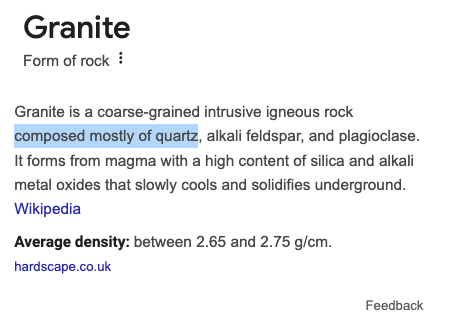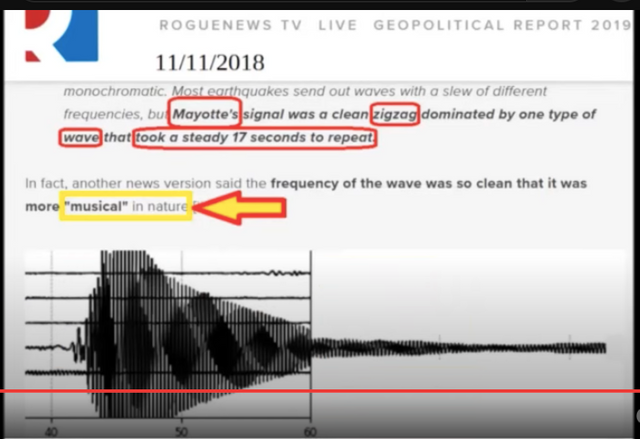It is interesting that the New Yorker was built from granite.
Granite is known to have piezoelectric qualities due to the quartz in it.

Piezoelectric materials change dimension when subjected to an electric field, and generate a dielectric displacement when subjected to mechanical stress.
A few floors of the New Yorker are made of limestone which also has piezoelectric properties.
When pressure is applied to limestone, it generates an anomalous current. This is thought to be due to plastic deformation in the mineral.
When the stress load on limestone changes suddenly, it exhibits transient electric polarization. This is different from the regular piezoelectric response, where electric charges appear due to crystal lattice deformation.
Piezoelectric materials can convert mechanical stress into electricity, and vice versa. Some other examples of piezoelectric materials include quartz, tourmaline, and bone.
There are many materials, both natural and man-made, that exhibit a range of piezoelectric effects. Some naturally piezoelectric occurring materials include Berlinite (structurally identical to quartz), cane sugar, quartz, Rochelle salt, topaz, tourmaline, and bone (dry bone exhibits some piezoelectric properties due to the apatite crystals, and the piezoelectric effect is generally thought to act as a biological force sensor). An example of man-made piezoelectric materials includes barium titanate and lead zirconate titanate.
Because very high voltages correspond to only tiny changes in the width of the crystal, this crystal width can be manipulated with better-than-micrometer precision, making piezo crystals an important tool for positioning objects with extreme accuracy, making them perfect for use in motors, such as the various motor series offered by Nanomotion.
Regarding piezo motors, the piezoelectric element receives an electrical pulse, and then applies directional force to an opposing ceramic plate, causing it to move in the desired direction. Motion is generated when the piezoelectric element moves against a static platform (such as ceramic strips).
The characteristics of piezoelectric materials provided the perfect technology upon which Nanomotion developed our various lines of unique piezoelectric motors. Using patented piezoelectric technology, Nanomotion has designed various series of motors ranging in size from a single element (providing 0.4Kg of force) to an eight element motor (providing 3.2Kg of force). Nanomotion motors are capable of driving both linear and rotary stages, and have a wide dynamic range of speed, from several microns per second to 250mm/sec and can easily mount to traditional low friction stages or other devices. The operating characteristics of Nanomotion’s motors provide inherent braking and the ability to eliminate servo dither when in a static position.
Interesting info and more of my articles on Quartz found inside of here,
From
SECTION 1, PART 4- Trump Time Travel Series 2024 Update: Sound Check


Laminins are vital to biological activity, influencing cell differentiation, migration, and adhesion.
From inside above video,

reminds me of a fusee [few see?]
